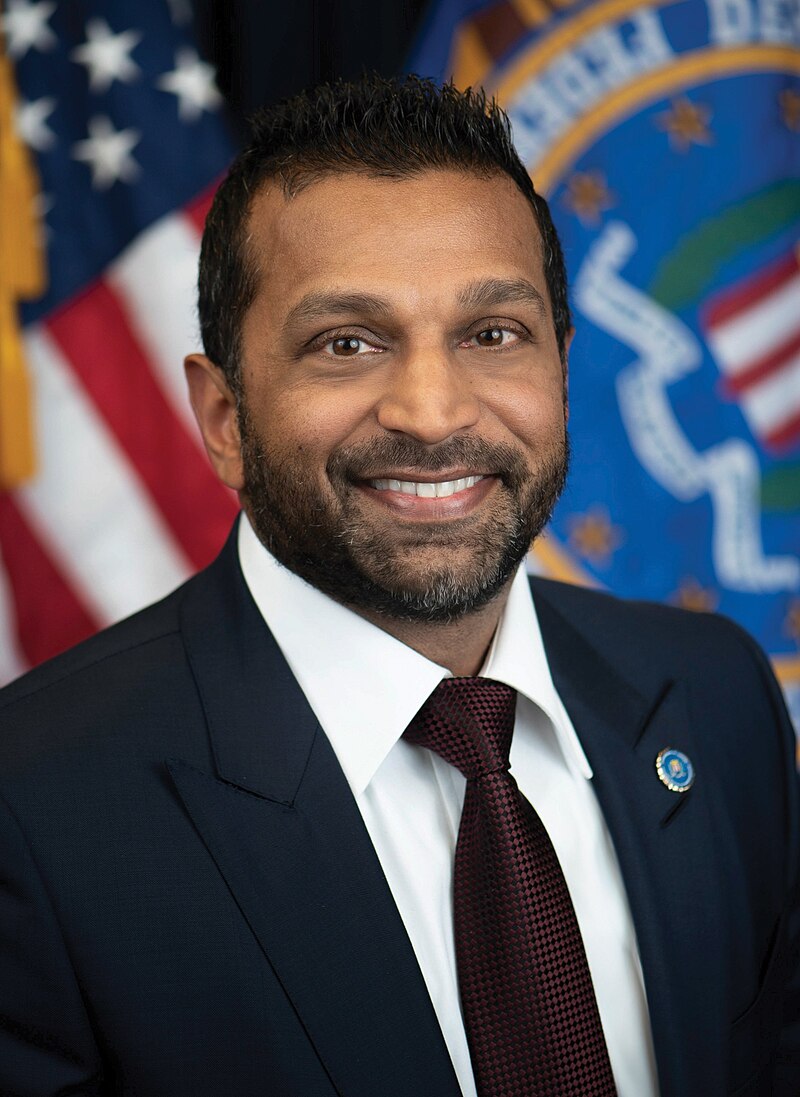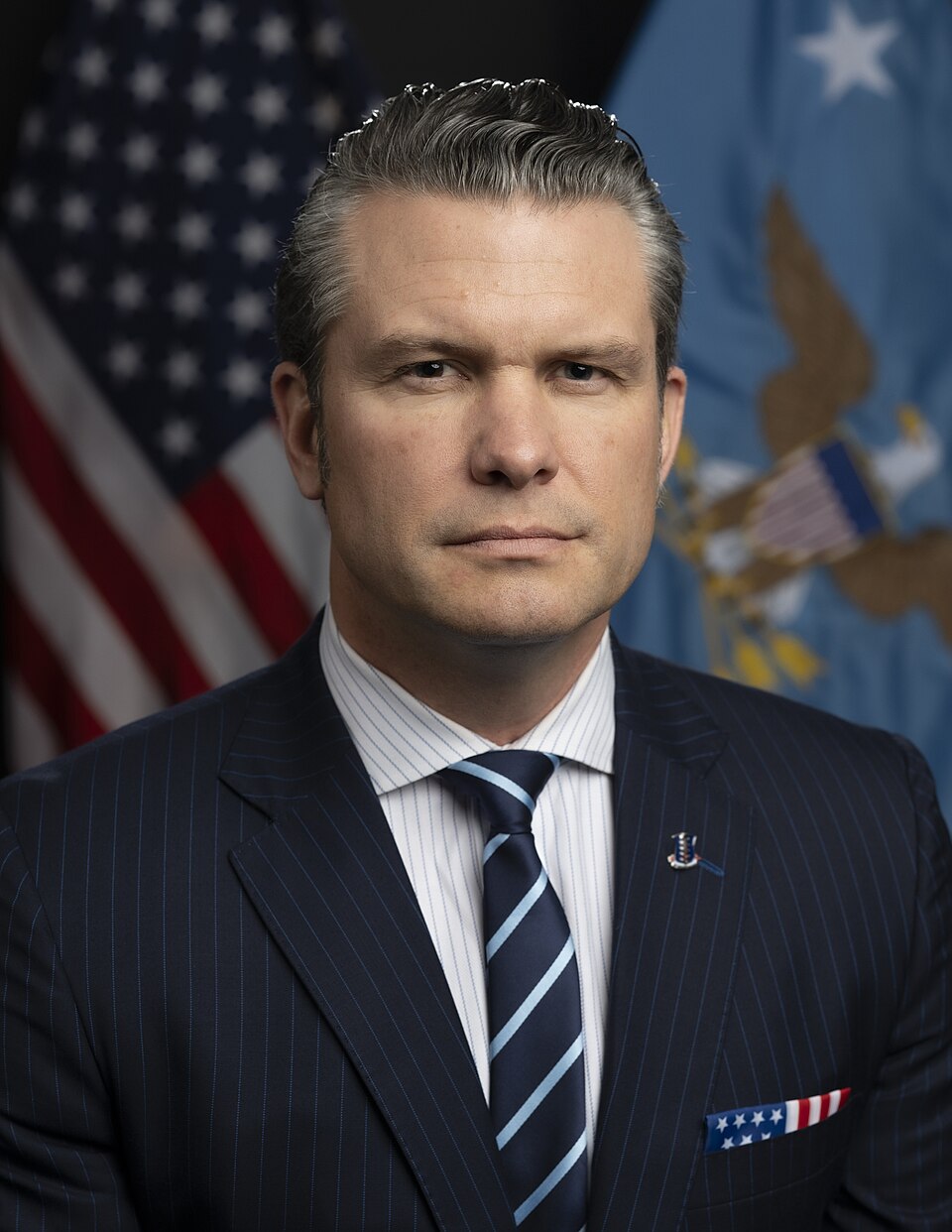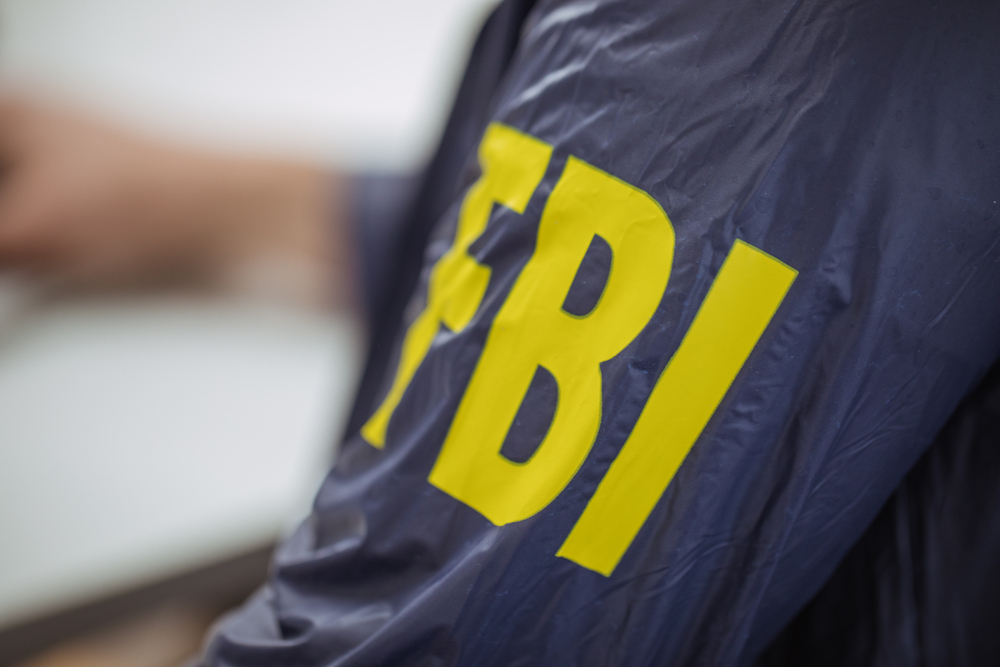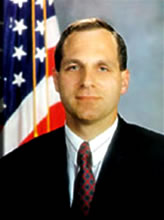
Ex-FBI Director Louis Freeh and Tom Ridge, former Secretary of the Department of Homeland Security.
Angels protecting us from evil, or just hired guns for the gambling industry?
If you read the press release by FairPlayUSA, you’d think they were here to save us from the evil.
FairPlayUSA announced that Freeh and Ridge have joined its board to help legalize online poker and toughen the ambiguous U.S. laws on the issue.
The website pressofAtlanticCity posted a story saying the two joined the board as part of a campaign launched this summer to build support to legalize online poker. The site reported that start up money came from Caesars Entertainment Inc. and MGM Resorts International.
The Sept. 15 release from FairPlayUSA said:
“Former FBI Director Louis Freeh and former Pennsylvania Governor Tom Ridge, today, announced they have joined the Advisory Board of FairPlayUSA, a new coalition of law enforcement officials, consumer protection experts and others concerned about the failures in current law to put illegal Internet gambling operators out of business, the need to better protect consumers and the need to impose a strict regulatory framework for online poker.”
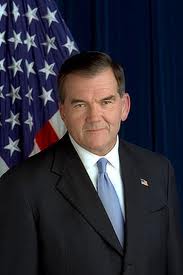
The release added that “millions of Americans regularly engage in Internet gambling on offshore websites that operate in direct violation of federal and state laws, and they play online poker on sites that fail to provide necessary consumer protections. Current laws that attempt to prohibit Internet gambling have failed to stop the illegal Internet gambling market…”
Freeh said in the release: “Current federal laws fail to provide U.S. law enforcement vital tools to address illegal internet gambling, enabling a ‘wild-west’ atmosphere. I am joining FairPlayUSA to improve this environment by clarifying these laws, better empowering law enforcement agencies to crack down on violators and using licensing and regulation to ensure safe and legal online poker.”
Ridge said in the release: “States and tribes have rights that must be protected by authorizing them to decide for themselves whether to accept or prohibit online poker and make use of sophisticated technologies already in use in other industries to enforce those decisions.”

